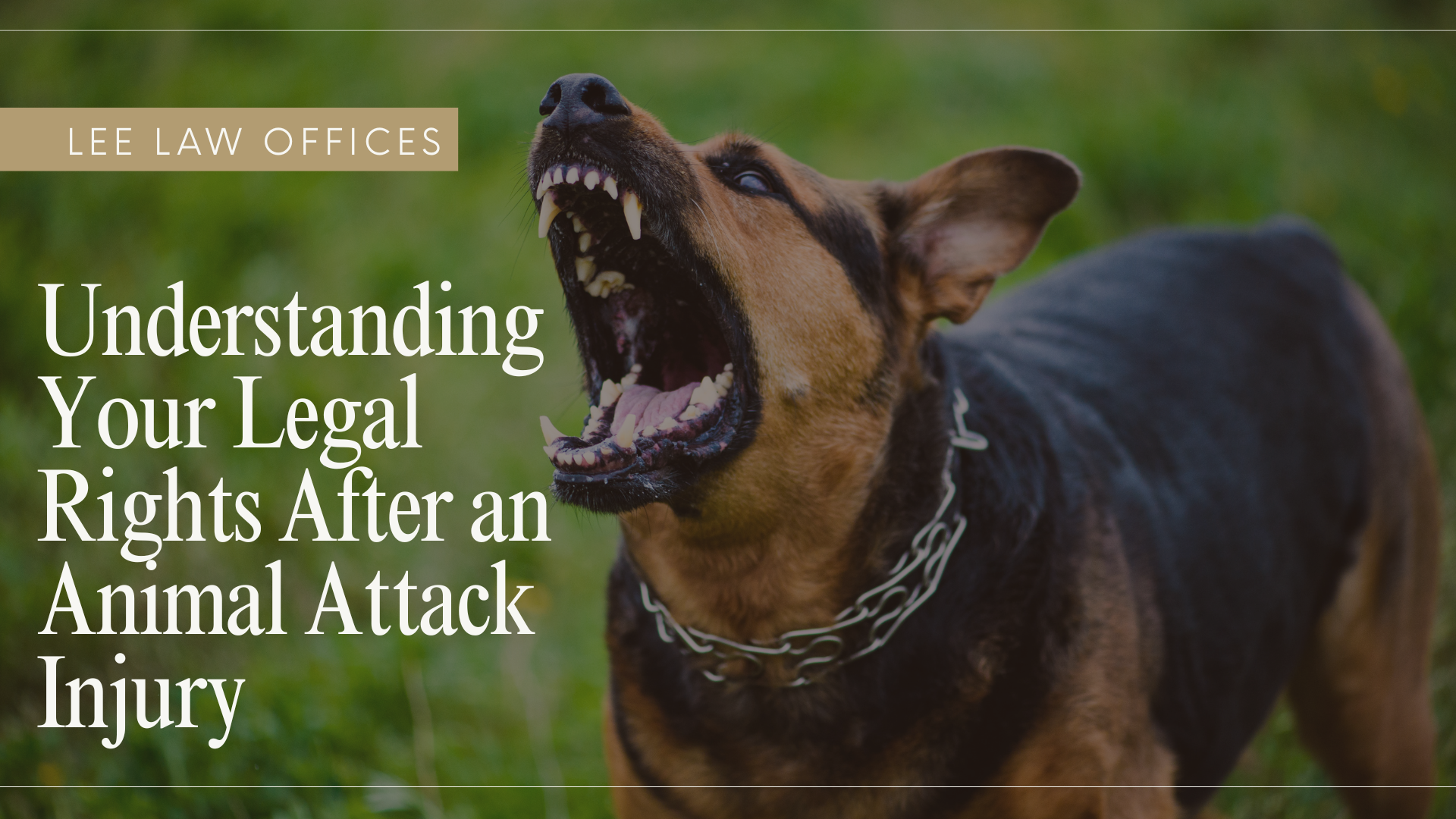Understanding Your Legal Rights After an Animal Attack Injury
Animal attacks, particularly dog bites, can be traumatic experiences that result in serious physical injuries and emotional distress. Unfortunately, these incidents are more common than many realize, with thousands of people injured by animals in the U.S. every year. Whether you're dealing with a bite, scratch, or other form of injury from an animal, it's essential to know your rights and understand how to pursue compensation for your damages. In this blog post, we’ll explore the legal landscape of animal attack injuries, common types of injuries, and what steps you should take if you or a loved one has been harmed.
Common Causes of Animal Attacks
Most animal attacks involve domestic pets, especially dogs. However, attacks can also occur with other animals, such as cats, farm animals, or even wild animals in some settings. Common causes of animal attacks include:
● Negligent Pet Ownership: Pet owners who fail to properly train, control, or restrain their animals can put others at risk. Aggressive animals may attack out of fear, territorial defense, or lack of socialization.
● Dangerous Breeds: Certain dog breeds have reputations for being more aggressive than others. While any breed can bite, some may be more prone to attacks due to their size and strength.
● Stray or Abandoned Animals: Stray animals, particularly those that have been abandoned or abused, may be more likely to lash out.
● Wild Animal Encounters: In some cases, wild animals kept as exotic pets or encountered in parks and rural areas can cause injuries. Homeowners or property owners may be liable if they fail to secure these animals properly.
Common Injuries from Animal Attacks
Animal attack injuries can vary widely depending on the size and type of the animal, as well as the nature of the attack. Some of the most common injuries include:
● Bites and Lacerations: Animal bites can cause deep puncture wounds, severe bleeding, and tissue damage. Even minor bites may lead to infections if not treated promptly.
● Broken Bones: Large animals, especially dogs, may knock people over during an attack, leading to fractures or broken bones.
● Infections: Animal bites and scratches often introduce bacteria that can lead to infections, such as rabies, tetanus, or cellulitis, which may require extensive medical treatment.
● Scarring and Disfigurement: Serious attacks can result in permanent scarring, nerve damage, or disfigurement, particularly when the face, neck, or hands are involved.
● Emotional Trauma: The psychological impact of an animal attack can be long-lasting, causing victims to suffer from anxiety, post-traumatic stress disorder (PTSD), and a fear of animals.
Legal Liability in Animal Attack Cases
When an animal attack occurs, determining who is responsible for the victim’s injuries is crucial. The legal framework surrounding liability varies by state, but most jurisdictions follow one of two primary rules:
1. Strict Liability: In states with strict liability laws, the owner of the animal is held legally responsible for any injuries caused by their pet, regardless of whether the animal had a history of aggression or the owner was aware of any dangerous tendencies. This means that even if it was the first time the pet attacked someone, the owner can still be held liable.
2. One-Bite Rule: In states that follow the one-bite rule, an owner is only held liable if they knew or should have known that their pet was dangerous or had a history of aggressive behavior. In other words, the owner gets "one free bite" before they are legally responsible for any harm caused.
Additionally, liability may extend beyond the pet owner in certain situations:
● Negligence: If the animal attack occurred due to negligence (e.g., failing to restrain a dog, ignoring leash laws, or failing to secure dangerous animals), the owner may be held responsible for injuries caused.
● Property Owner Liability: If a property owner allowed dangerous animals on their premises without adequate warning or security, they could be held liable for any injuries sustained.
What to Do After an Animal Attack
If you or a loved one has been attacked by an animal, it’s important to take the following steps to protect your health and your legal rights:
1. Seek Medical Attention: Even if your injuries seem minor, it's crucial to seek medical care as soon as possible. Animal bites can lead to infections or other complications that require prompt treatment.
2. Report the Attack: Contact your local animal control or police department to report the incident. This creates an official record of the attack, which can be important for any legal claims.
3. Document the Incident: Gather as much information as possible, including the name and contact information of the animal’s owner, details about the animal (breed, size, etc.), and any witness statements. T ake photos of your injuries and the scene of the attack.
4. Avoid Discussions with Insurance Companies: The animal owner's insurance company may try to contact you with a settlement offer. It's important to speak to a lawyer before agreeing to any settlement, as initial offers often don’t fully account for medical expenses, lost wages, or pain and suffering.
5. Contact an Attorney: Animal attack cases can be complex, especially when dealing with insurance companies and establishing liability. An experienced personal injury attorney can help you navigate the legal process and pursue the compensation you deserve.
Compensation for Animal Attack Victims
Victims of animal attacks may be entitled to compensation for a variety of damages, including:
● Medical Expenses: This includes the cost of emergency care, surgeries, hospital stays, medication, and any ongoing treatment or rehabilitation.
● Lost Wages: If your injuries prevent you from working, you may be able to recover lost wages or loss of future earning capacity.
● Pain and Suffering: This refers to compensation for the physical pain and emotional trauma caused by the attack.
● Disfigurement: If the attack results in scarring or permanent disfigurement, you may be entitled to additional compensation.
● Punitive Damages: In cases where the animal owner acted with extreme negligence or recklessness, the court may award punitive damages as a form of punishment.
How Lee Law Offices Can Help
If you or a loved one has been injured in an animal attack, it’s important to have an experienced attorney on your side. At Lee Law Offices, we specialize in personal injury cases, including those involving animal attacks. Our dedicated team will help you understand your legal rights, gather evidence, and pursue the compensation you need to recover physically, emotionally, and financially.
Call us today at 800.887.1965 or fill out our online form to schedule a free consultation. Don’t let an animal attack disrupt your life. Let Lee Law Offices fight for the justice you deserve.

